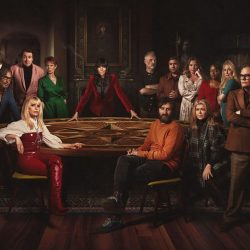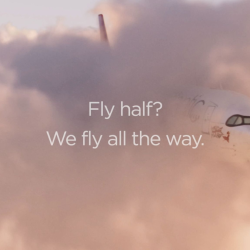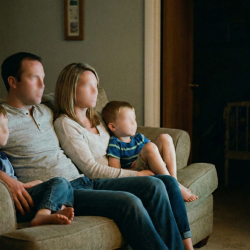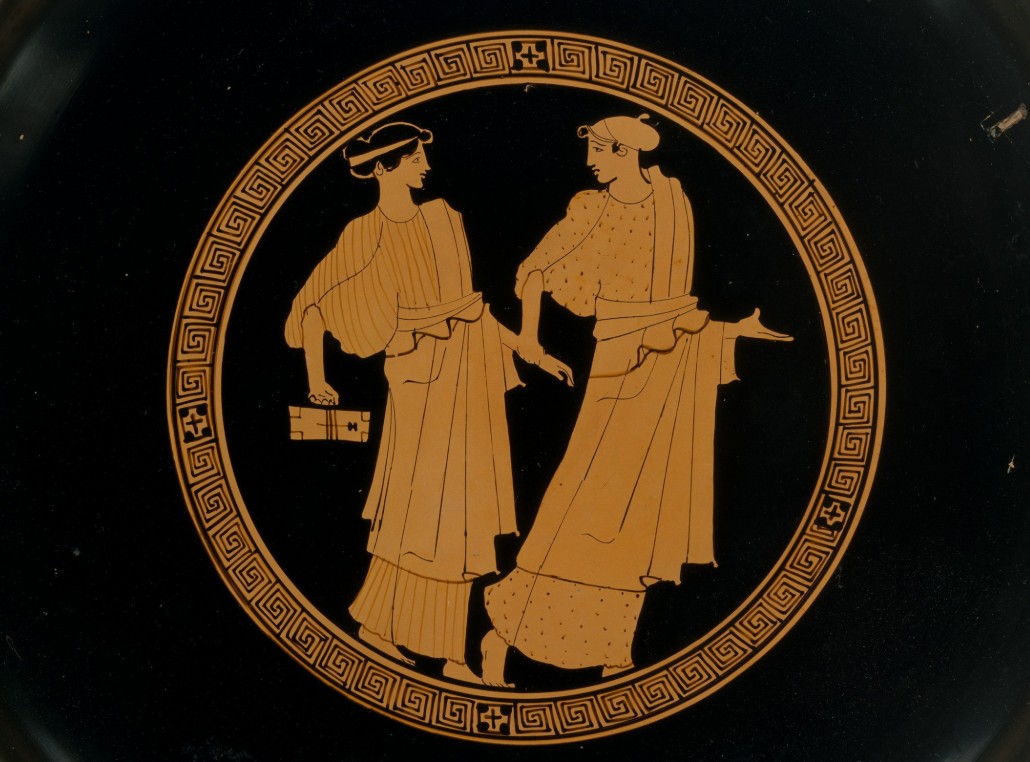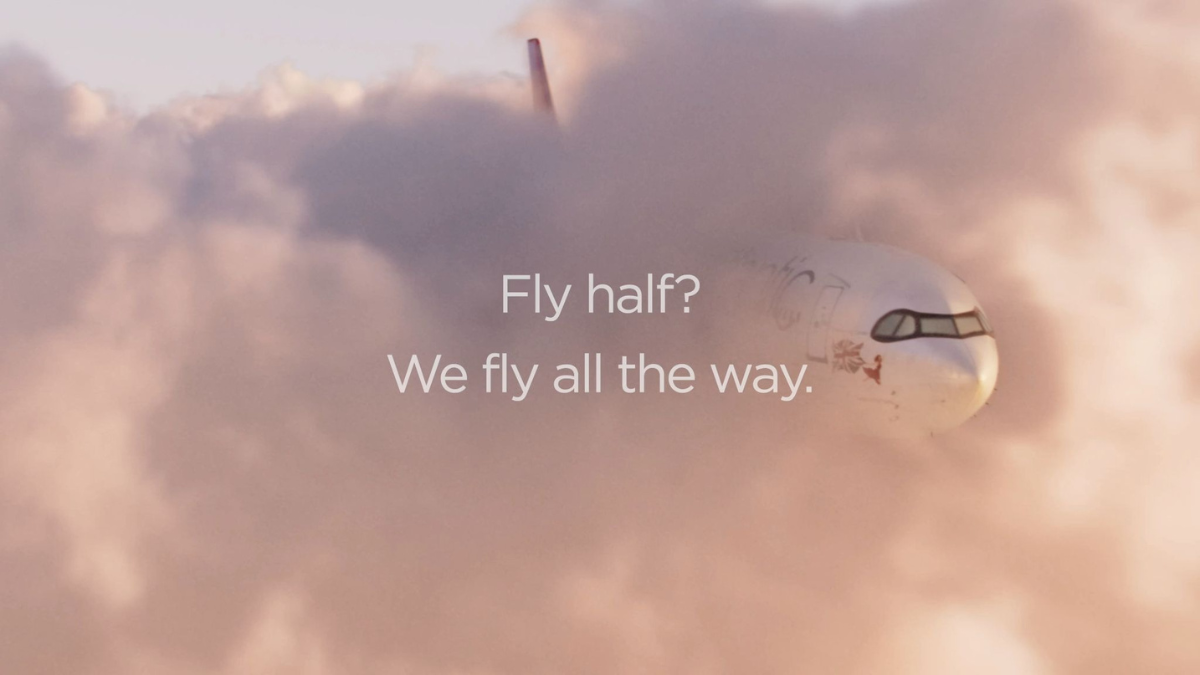I’m an ‘80s kid. I grew up in the ‘90s when options for board game night tended to be between Mouse Trap or Monopoly, or Hungry Hungry Hippos if we needed to burn off some energy. Although I was quite partial to the pirate game Buccaneer as well, but mostly because you got to collect little rubies and barrels of rum. Fast forward thirty years and the choice of what to play is vast. We’re in a golden age of board games, or more specifically tabletop games (which cover board games, dice games, card games and so on) — with the market expected to reach $14bn this year and almost $40bn by 2028.
Why this is the case could be for a few reasons. A few years back Zachary Horton (an Assistant Professor at the University of Pittsburgh, who studies board games and other types of media) questioned whether this rise was, in part, a push back against our tech-dominated culture. Board games also help with social and mental health issues and boost soft skills. Looking back across history, though, Horton said tabletop games have always existed in some form, and that the first recorded games go back five thousand years, to ancient Egypt, where games of that time ‘typically fall into one of two categories: race games and war games.’ Then almost 600 years ago (in the 15th century) we had the advent of the printing press, which meant that games became more colourful and narrative based. By the 20th century, following WWII, people had more disposable income and were looking for family pastimes. Which probably led, in 1959, to the invention of Risk, a game that’s a mix of diplomacy, conflict and conquest. Again, perhaps fulfilling that human drive to overcome some sort of struggle.
Fifteen years later, in 1974, two wargame designers, inspired by Tolkien’s The Lord of the Rings, created Dungeons & Dragons (D&D) — the first role-playing game (RPG). One which didn’t require a board, just a set of dice and your boundless imagination. We’ll return to D&D, but another influential game worth mentioning, which launched a few years later, was Warhammer. First published by Games Workshop in 1983 — this was a tabletop miniature wargame with a medieval fantasy theme, again inspired by Tolkien, as well as sci-fi writers Michael Moorcock and Poul Anderson. In 2019 The Guardian examined why Games Workshop is now worth over £1bn, and said that the reason people keep playing is because Warhammer creates ‘vast, fascinating worlds that diehard players don’t want to leave’. Indeed, high-profile actors like Henry Cavill plays, and is a big fan — with the actor pushing to make a Warhammer TV show with Amazon happen.
To return to D&D, in 2020 as the pandemic hit, the game had its best year ever with sales jumping a third, which marked its seventh consecutive year of growth — and D&D now has 50 million players worldwide. Earlier this year The Guardian published a piece exploring fifty years of the game, analysing the growing popularity of fantasy as a genre across multiple types of media, and how D&D encourages creativity and connection. Indeed, a school in Wiltshire in the UK has launched D&D sessions to help students with problem-solving skills and building self-esteem.
And recently, a clip with actor and DM (dungeon master: someone who creates and hosts D&D games) Deborah Ann Woll went viral. As a guest on fellow actor Jon Bernthal’s weekly podcast, Real Ones, she was discussing her love of the game and decided it was best to explain it to Bernthal by simply playing it, there and then. The clip went viral because it got straight to the heart of its appeal — pure storytelling and imagination. Something an actor, and indeed many of us, can readily relate to.
Another hugely popular game in this space is card game Magic: The Gathering (MTG), which launched in 1993 and is now a billion-dollar brand. At the time of its inception MTG drew heavily from D&D, yet it’s a game with a much more complex set of rules. Indeed, MIT Technology Review called it ‘the world’s most complex game.’ Yet you perhaps know you’ve somewhat broken into the mainstream when TV show South Park dedicates an episode to your game, as they did in 2014. Over 50 million people globally have now played MTG, with 13 million playing Magic: The Gathering Arena, the game’s digital offering.
Both D&D and MTG are owned by games publisher Wizards Of The Coast, which are, in turn, owned by industry giant Hasbro. Earlier this year Fox Business ran an article talking about a ‘board game renaissance’, saying that Hasbro have enjoyed double-digit growth in the pandemic, but this surge in popularity of tabletop games has ‘forced board game makers to adapt to new trends and innovate beyond classic games’. And adapt they have, with the rise in popularity of tabletop games showing no signs of slowing down. Even indie games are booming, and board game cafes are also enjoying success.
If we take conventions, a staple of the game enthusiast, they too, have been growing. The UK Games Expo, the largest in the UK and third largest in the world, launched in 2007 and had over 65,000 attendees this year, across three days. They had a record-breaking year, and demand was such that they’re planning to expand capacity for next year. In the US, Gen Con in Indiana broke all-time records, with over 71,000 attendees. SPIEL Essen in Germany saw around over 200,000 people step through its doors, and sold out this year — for the first time in its 41-year history, setting a post-Covid record.
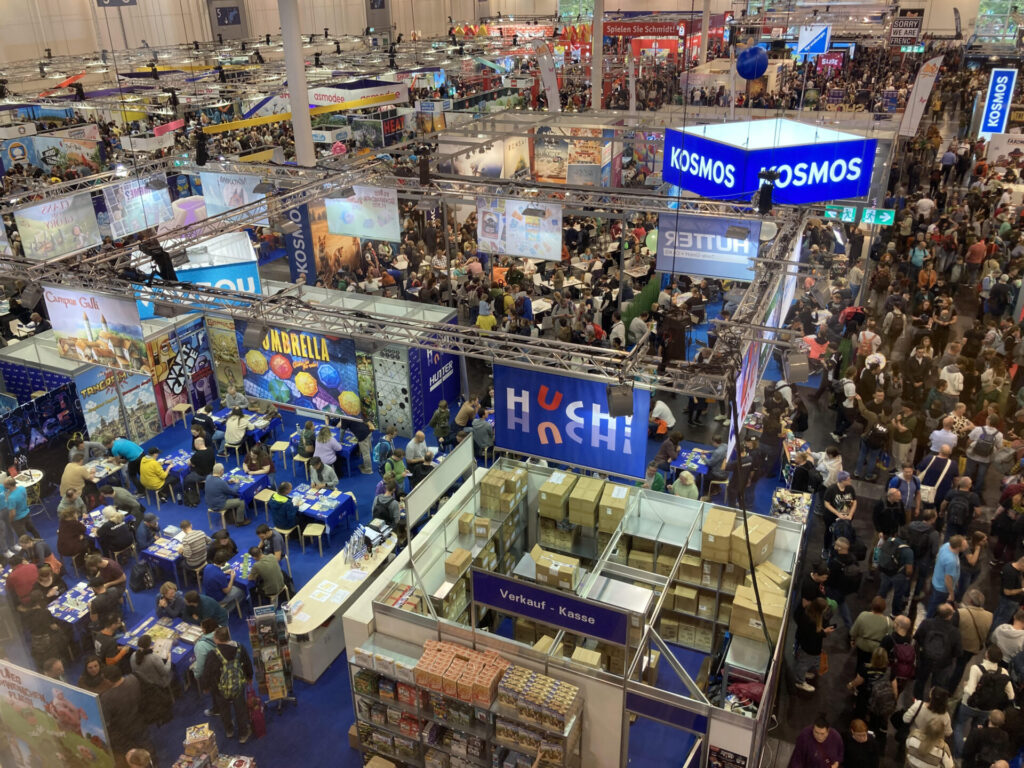
Beyond conventions, there is back and forth crossover with other types of media, too. A decade ago The Guardian said ‘the boundary between board games and video games is blurring’, but it’s arguable this line has now completely vanished.
In 2020 online role-playing video game World Of Warcraft (which had 129m active players this year) got a crossover, with the board game Small World Of Warcraft. That same year one of the biggest crowdfunding success stories of the year was when dystopian survival game Frostpunk ran a Kickstarter for Frostpunk: The Board Game. A couple of years ago cosy farming video game Stardew Valley got an adaptation, which was apparently nicely put together. Its creator has also been trying to get a crossover to happen with video game Fortnite, too. And last year there was news that iconic Japanese character Hello Kitty is getting a board game.
Magic: The Gathering has published crossover card decks with post-apocalyptic video game Fallout, which itself had a recently successful TV adaptation. And D&D had the film Dungeons & Dragons: Honor Among Thieves come out last year, which was well reviewed, and may get a sequel or spin-off TV series at some point. Also, last year’s official video game of the year at The Game Awards, Baldur’s Gate 3, uses D&D rules and the existing world and lore, and has had over 10m people play the game to date.
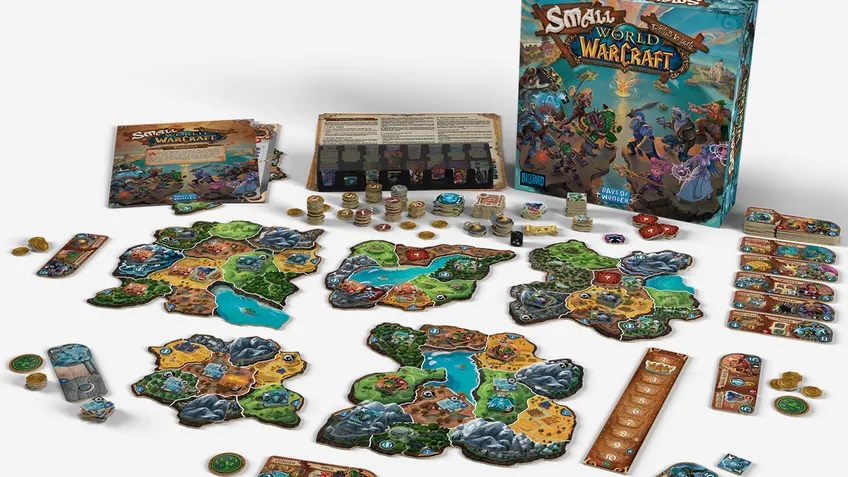
And currently, UK games publisher Modiphius are running a Kickstarter to create a Discworld RPG, based on author Terry Pratchett’s hugely popular fantasy book series. They were initially trying to hit £100,000 and have (at the time of writing) raised over £1.7m. Modiphius’ Founder, Chris Birch, spoke to us and said ‘It’s the biggest crowdfunding campaign we’ve had since we launched the company in 2013’. He went on to say ‘the enormous fanbase and love for Terry Pratchett’s Discworld and our team have really worked incredibly hard on the campaign, and created a beautifully simple game that really does evoke the fun of the world.’ In their catalogue Modiphius also have tabletop versions of video games Skyrim, Mass Effect and Fallout.
There’s also the success of actual play podcasts, where fans and subscribers watch or listen to people playing tabletop RPGs, like D&D. One of the most popular of these is Critical Role, which began in 2015 and now has 2m YouTube subscribers and 1.3m followers on Twitch. The voice actors also reprised their roles in an animated adaptation called The Legend of Vox Machina on Amazon, which has just released its third season with a fourth on the way. Initially, to fund this show they had a Kickstarter, which ended up breaking records, raising over $11m from fans. Moreover, Critical Role is one of the richest channels on Twitch, and generated $9.6m between 2019-2021. This success meant that earlier this year they could also launch their own subscription service called Beacon.
So even media properties adjacent to tabletop games are seeing continued growth and success. The Washington Post said the Critical Role team have been ‘carving out a path for independent media’ and have become ‘unlikely ambassadors for a subculture going mainstream.’ All in all, things are looking quite rosy for the tabletop and board game industry, both for publishers and players alike — and opportunities for innovative and creative ways for businesses to produce these types of media and create exciting experiences for players seems to be growing, too, year on year.
Featured image: Brittanica

